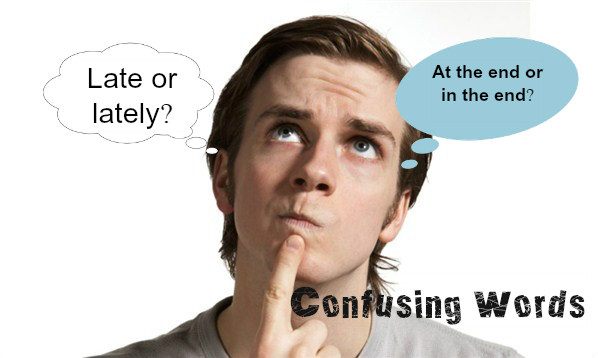Well,well , the first unit in the book I am teaching this year to Intermediate students is about food and if I didn’t know any better I would think it was intentionally placed in the first unit to remind me that I need to seriously consider going on a diet to try to lose the ??? pounds gained after stuffing myself with tons of ice cream. Haven’t I read somewhere that Uma Thurman, the actress, lost 25 pounds in six weeks by eating ice cream , chocolate and pudding??? Just joking !! But wouldn’t it be just great if celebrities kept their strange fad diets to themselves ? Or rather not??? That way I can always put the blame on Uma Thurman ! 😉
Anyway, talking about food , I feel I need to remind my students not to make two of the  most common mistakes we, Spaniards, make when talking about food.
most common mistakes we, Spaniards, make when talking about food.
Mistake 1. When I grow up I want to be a cooker. If a person who teaches is a teacher and a person who runs is a runner , why is a person who cooks called a cook and not a cooker?
♥A cook= a person who cooks
My mother is a very good cook
♥A cooker= an apparatus where food is cooked (also called stove in AmE)
Do you have an electric or a gas cooker?
Mistake 2. I like cereals for breakfast.
Cereal is an uncountable noun, so you should say I like cereal for breakfast or a bowl of cereal.
Cereals can also be a plural countable noun. In that case, you are referring to the different kinds of cereals such as oat, barley , wheat or brands like corn flakes , rice krispies or choco crispies.
There are so many different kinds of cereals in this shop that I never know which one to buy.
Hope it is helpful! Keep posted!


 most common mistakes we, Spaniards, make when talking about food.
most common mistakes we, Spaniards, make when talking about food. and Late West Saxon.
and Late West Saxon.